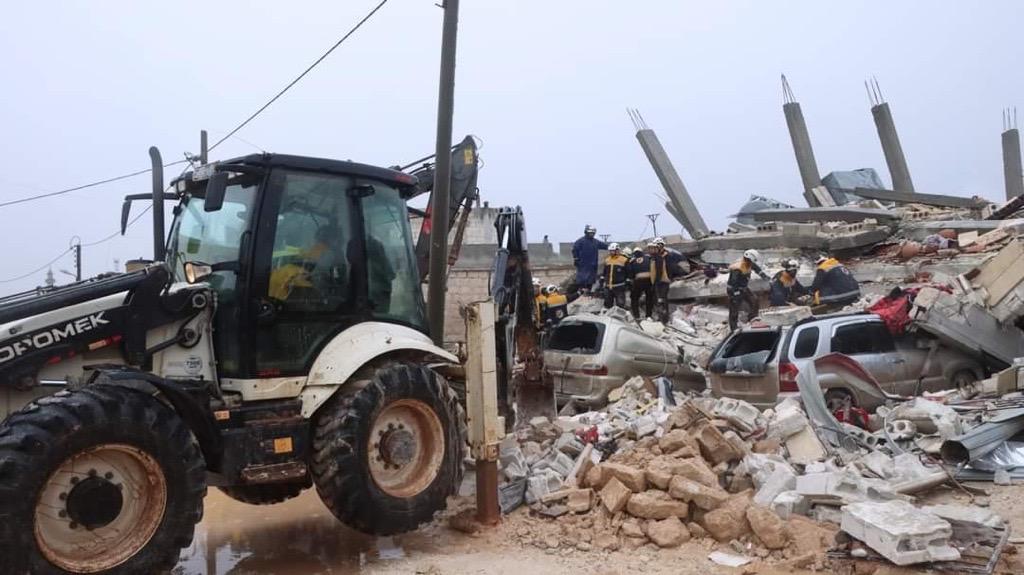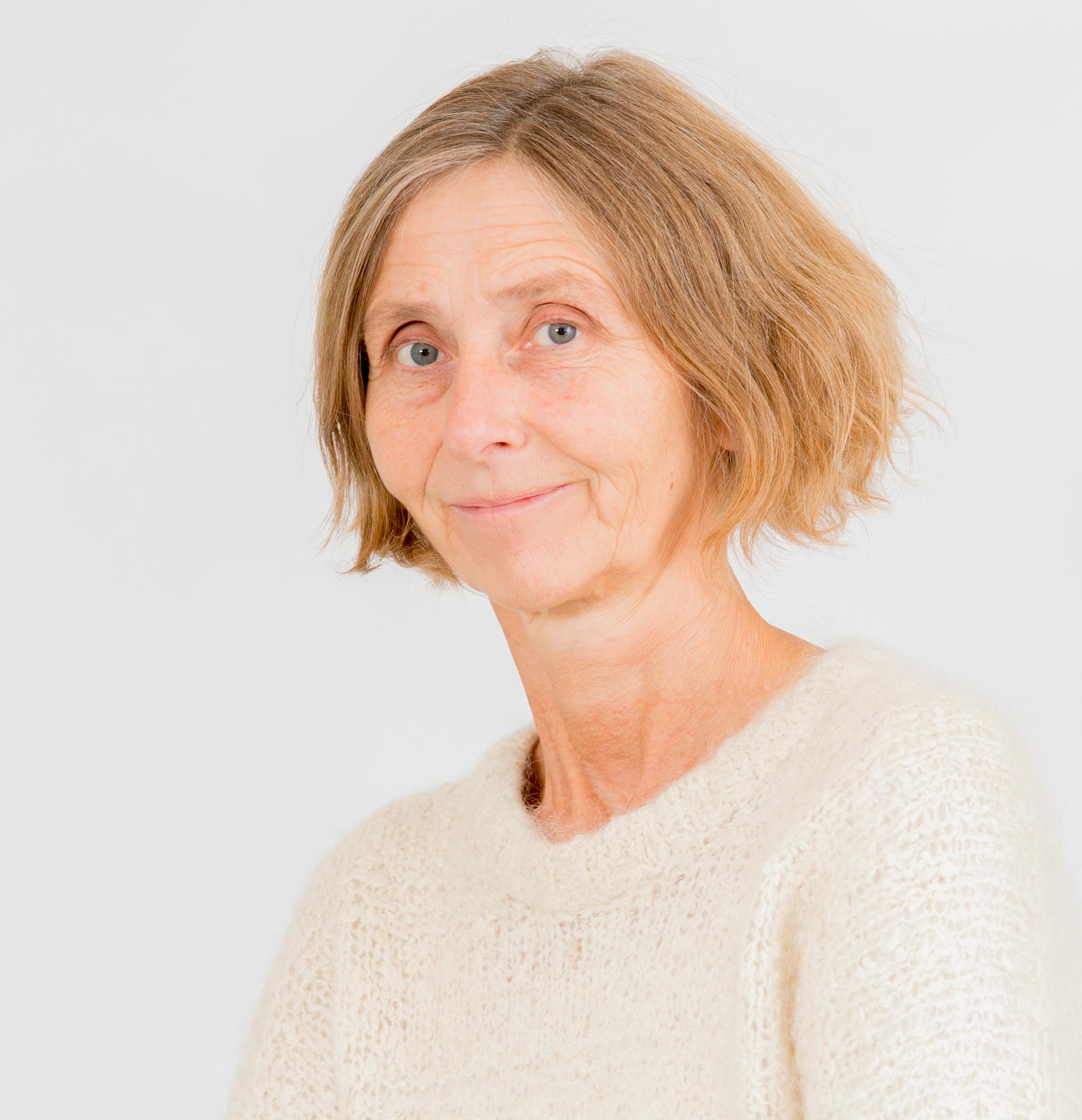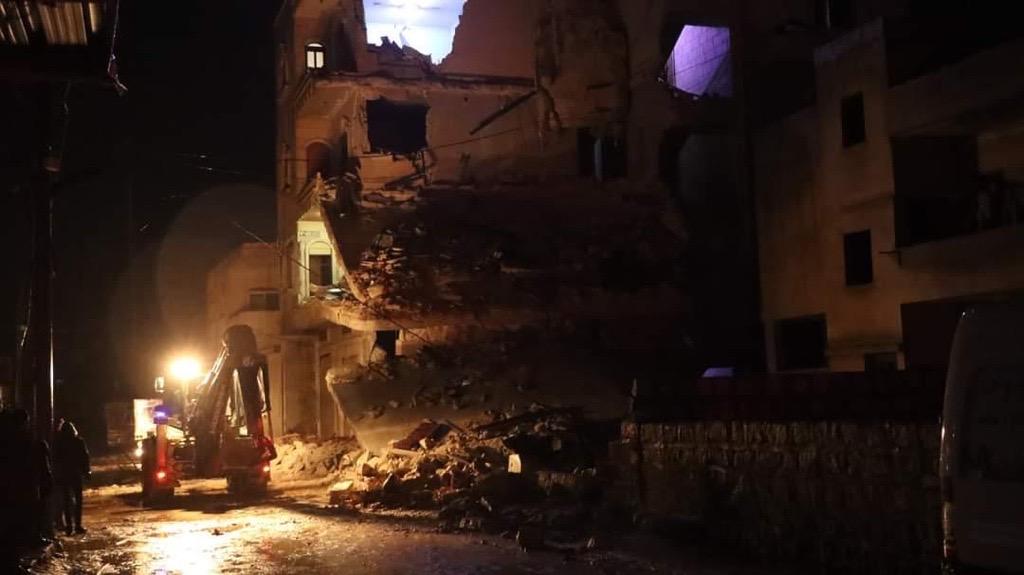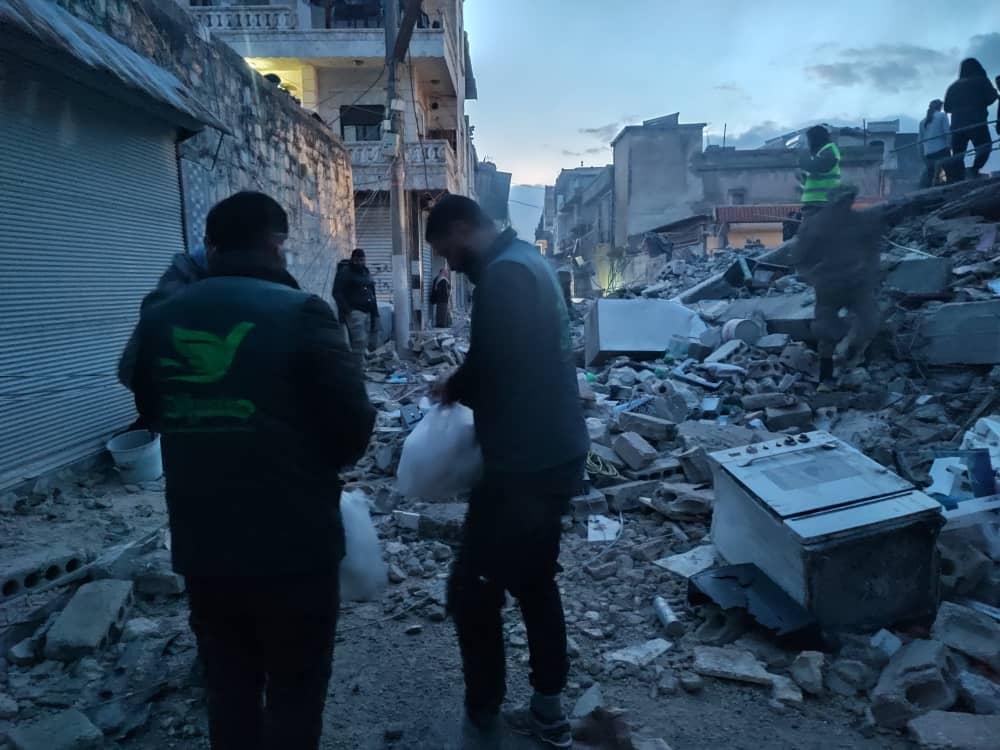In the ruins in Syria, in many cases digging is done only with picks, shovels and hands. Norwegian People’s Aid’s partners are now conducting outreach activities among those hardest hit in Syria and handing out cash.
Trude Falch, head of department at Norwegian People’s Aid, tells VG.
– These are solid organizations and should in no way be discredited. They carry out a quick needs assessment and then distribute cash to those who are most in need at the moment, says Trude Falch.
In total, over 11,000 people have been confirmed dead after the earthquake.
In Syria, 2,600 deaths were reported on Wednesday. Both rebel-controlled and regime-controlled areas have been affected by the earthquake. But the World Health Organization (WHO) fears that the death toll is far higher, also in Syria.’
Around 300,000 people have also been forced to leave their homes in Syria, according to state media in Damascus.

Trude Falch believes that there are big contrasts between the aid work that is now carried out in Syria compared to Turkey.
– While in Turkey you have large construction machines at your disposal for the rescue work, in many cases the victims of the earthquake in Syria are dug out with a pick and shovel, says Falch.
Applying to the Ministry of Foreign Affairs for funds
Norwegian People’s Aid has for many years been heavily involved in Syria – and, according to Trude Falch, has a good collaboration with solid local organizations that they have worked with for up to ten years. She says that Norwegian People’s Aid has so far collected one million kroner, which will be transferred to the Syrian partners on Wednesday.

– We are now applying to the Ministry of Foreign Affairs for additional funds which we will transfer continuously, says Falch.
Norwegian People’s Aid has been involved in Syria since the autumn of 2012. The work is primarily aimed at the northern Syrian provinces, in cooperation with local organisations. These are areas that are now affected by the powerful earthquake.

– We have to use our resources where we are in place, says Trude Falch.
She emphasizes that what has happened is a dramatic disaster that has hit hard in an already vulnerable area.
– After many years of air war, the building structures are greatly weakened – and paradoxically, it is those who live in the tent camps who have managed the best, says Trude Falch.
When it became known on Tuesday that the Norwegian government is giving NOK 150 million in support to Turkey and Syria, Prime Minister Jonas Gahr Støre said, among other things, this about the situation in Syria:
– The earthquake has, among other things, affected rebel-held parts of Syria; a part of the world that is already exposed to the biggest humanitarian abuses the world has seen in the last 10-15 years. This vulnerable population is now also affected by the tragic earthquake.
See Wednesday’s update:
The regime has bombed crisis-hit areas
Even before Monday’s devastating earthquake, getting aid to all parts of war-torn Syria was very difficult both politically and practically. These obstacles have therefore only multiplied in the wake of the earthquake disaster, writes NTB.
Damage to roads and other infrastructure in southern Turkey has also stopped aid from reaching northern Syria, an area already devastated by twelve years of conflict – and bombardment from the Syrian authorities and their ally Russia.
As a result of the brutal civil war, in which the forces of President Bashar Assad have bombed large areas of the country, is constantly frozen out by large parts of the international community, and is sanctioned by American and European countries.
Syria researcher Aron Lund at the American think tank Century International points out to NTB that the aid response is further complicated by the fact that there are areas controlled by rebels. The government in Damascus has control in most areas, but in the north, control lies with various groups, which may also be at odds with each other.
Countries opposed to the Assad regime do not trust the Syrian authorities to effectively deliver aid to opposition areas. They also worry that aid will be diverted to benefit people and institutions linked to the government.


